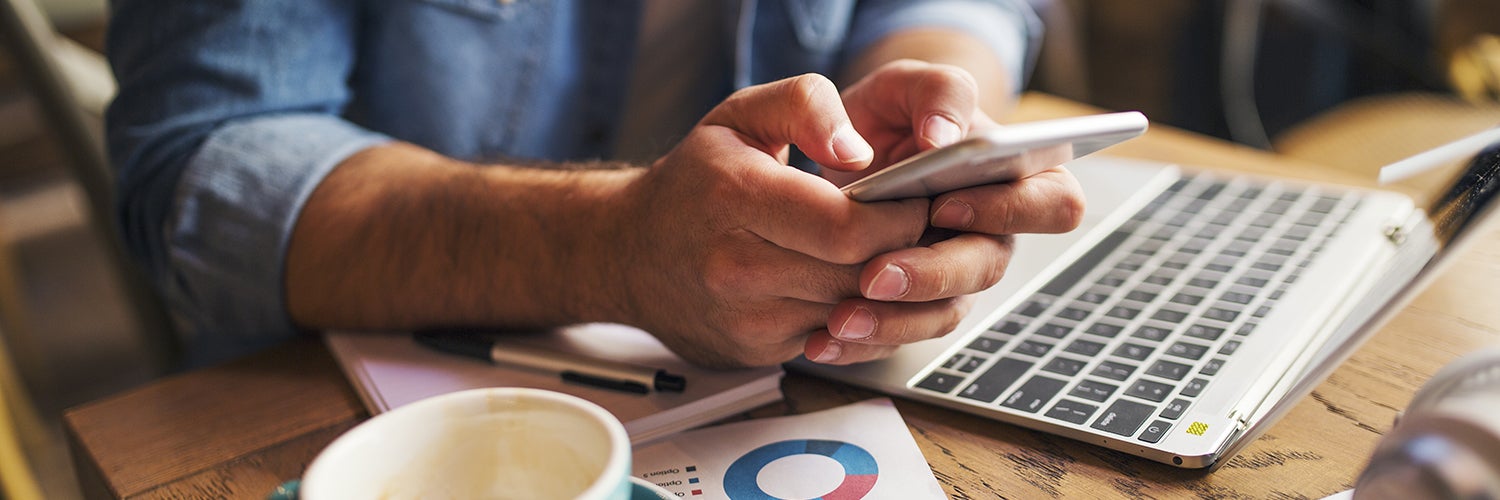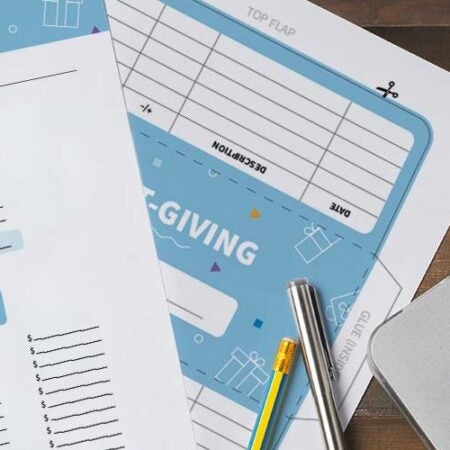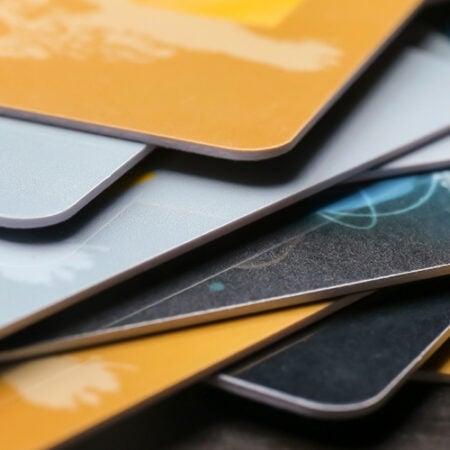
If you want to feel more financially secure—and who doesn’t?—a good first step would be creating an emergency fund if you don’t already have one. An emergency fund is an account that contains money you intend to use only for financial emergencies. These are things that can take you by surprise and cost you a lot of money, such as:
- Car and home repairs
- Medical expenses
- The loss of a job
Most financial advisors recommend having three to six months’ worth of living expenses saved in an emergency fund. To apply this to yourself, tally up how much you spend monthly on your mortgage or rent, other loans, insurance, utilities, groceries and transportation, and then multiply it by the appropriate number to see what your saving goals should be.
So, for example, a single person with monthly expenses of $1,200 should aim to have at least $3,600 put away, though $7,200 would be ideal. (You can use an online calculator to figure out what these numbers would be for you.)

Keep in mind that you should consider saving additional money if:
- You’re retired
- Your income isn’t stable
- You’re in a one-income household
- You or a family member has chronic poor health
If you’re like many people, the idea of having a sufficient emergency fund in place might seem like a far-off dream. It can sometimes be hard to dedicate your resources to something that you think you might never need, especially when it feels like you’ll never reach the amount of money you’re “supposed” to have set aside.
But it’s always better to have something rather than nothing, even if that something is only three digits. Two economists even suggest that having a minimum of $2,467 saved could be enough to keep you out of financial hardship, which might feel like a more attainable goal. Whatever you decide your target amount is, keep your eyes on the prize and don’t get discouraged, even when progress seems slow.
Quick Ways to Build an Emergency Savings
There might not be a get-rich-quick scheme for your savings, but there are a few relatively simple ways you can start building your emergency fund:
- Create a budget and stick to it. See where you can cut spending, and remember to pay yourself first—treat your savings as another bill that you have to pay instead of waiting to see what you have left after everything else has been taken care of. Having money directly deposited into your emergency account can help with this.
- Save things like your tax refunds and work bonuses. Putting “extra” money that you haven’t accounted for into your emergency fund could be easier for you than taking money out of your regular paycheck.
- Adjust your contributions when necessary. After a few months have passed, reassess your savings plan. Has anything changed in your life, such as moving to a new city or having a child? You may want to put more money in your emergency fund.
- Do some extra work. Not everyone has the time or energy to take up a side hustle, but if you can do it for even a short time to supplement your savings, it could be worth it.
How Should I Use My Emergency Fund?
Once you have an emergency fund (of any size) in place, you should make sure to use the money only for true emergencies. That means you don’t dip into it for events you can plan for in advance—like birthdays or annual checkups—or things like vacations.
Finance writer Rachel Cruze recommends asking yourself these things to determine whether something is worth using your emergency money for:
- Is it unexpected?
- Is it necessary?
- Is it urgent?
If you answer yes to two or three of these questions, then it is likely an appropriate time to withdraw money from your emergency fund. Then, as soon as you can, you should start replenishing your savings again.
Where Should I Put My Emergency Fund?
When we talk about keeping an emergency fund somewhere, we don’t mean in a physical location—we recommend you put your emergency money in an account that is accessible, safe and interest-earning. It should also be separate from your other accounts, so it’s easier to leave it untouched.
There are a couple of ways you can fulfill these criteria. Scott Smith, former president of CreditRepair.com, says, “The best place to store emergency cash is usually a money market account. Most major banks and local credit unions have great money market options.” These accounts usually have slightly better rates than standard savings accounts.

However, a savings account is still an option you can consider if you’d prefer to stick with a bank you trust and are familiar with. Most savings accounts earn very little interest, but there are FDIC-insured high-yield savings accounts you can look for. At the end of the day, creating and maintaining an emergency fund takes work, but it’s worth it. When you have money set aside for a rainy day, you:
- Can better protect your credit
- Can have greater peace of mind overall
- Can avoid going further into debt when an emergency happens (or at least reduce how much you need to borrow)
- Can prevent yourself from making bad financial decisions under stress
To get these benefits, make a plan and start contributing to an emergency account today. Every little bit helps—and your future self will thank you.





